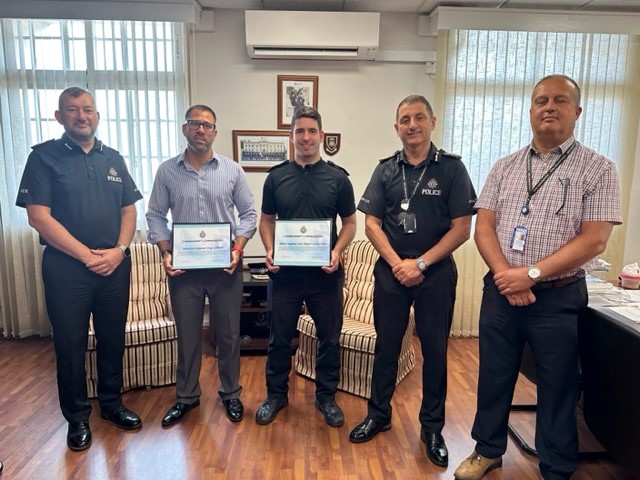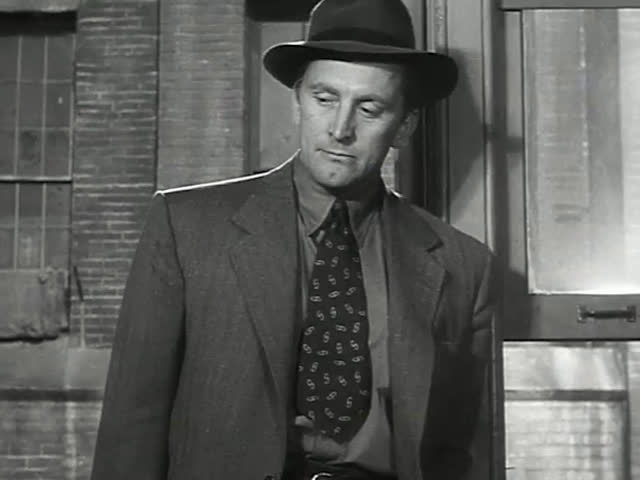Counterfeit products pose a significant threat to both consumers and businesses worldwide. From fake luxury goods to fraudulent pharmaceuticals, the market for counterfeit products continues to thrive, fueled by the ease of online shopping and the anonymity of the internet. In this digital age, combating counterfeit products requires a multi-faceted approach, and one crucial aspect of this battle is the role played by private investigators.
Understanding the Scope of the Problem
Counterfeit products not only undermine the integrity of brands but also jeopardize consumer safety. Whether it’s counterfeit electronics that pose fire hazards or fake medications that endanger lives, the consequences of counterfeit goods can be dire. According to the OECD, counterfeit products account for billions of dollars in lost revenue for legitimate businesses each year. Moreover, the profits generated from counterfeit sales often fund organized crime and terrorist activities, further exacerbating the problem.
The Rise of Private Investigators
In the fight against counterfeit products, private investigators play a vital role in uncovering illicit operations and bringing perpetrators to justice. Unlike law enforcement agencies, private investigators operate with greater flexibility and discretion, making them well-suited to tackle the complexities of counterfeit investigations. These professionals utilize a range of techniques, including surveillance, undercover operations, and forensic analysis, to gather evidence and build cases against counterfeiters.
Uncovering Supply Chains
One of the key strategies employed by private investigators is tracing the intricate supply chains behind counterfeit products. These supply chains often span multiple countries and involve various intermediaries, making them difficult to track through conventional means. By leveraging their network of contacts and employing advanced investigative techniques, private investigators can unravel these complex networks, identifying key players from manufacturers to distributors.
Gathering Evidence
In addition to tracing supply chains, private investigators gather crucial evidence to substantiate allegations of counterfeiting. This evidence may include physical samples of counterfeit products, financial records documenting illicit transactions, and testimonies from witnesses or whistleblowers. By meticulously documenting their findings, private investigators provide irrefutable proof of counterfeiting activities, enabling law enforcement agencies and legal authorities to take decisive action.
Collaboration with Authorities
Private investigators often collaborate closely with law enforcement agencies and regulatory bodies to combat counterfeit products effectively. By sharing intelligence and coordinating efforts, these stakeholders can pool their resources and expertise to dismantle counterfeit operations more efficiently. Furthermore, private investigators can provide valuable support during raids and seizures, ensuring that evidence is properly collected and preserved for legal proceedings.

Protecting Intellectual Property Rights
Beyond combating counterfeit products, private investigators also play a crucial role in safeguarding intellectual property rights. By conducting intellectual property investigations, these professionals help businesses protect their trademarks, patents, and copyrights from infringement. Whether it’s monitoring online marketplaces for unauthorized sellers or conducting background checks on potential business partners, private investigators help businesses identify and mitigate risks to their intellectual property. For more insights and further information about private investigators combatting counterfeit products, see here now to learn more.
Conclusion
In the battle against counterfeit products, private investigators are indispensable allies, leveraging their expertise and resources to uncover illicit operations and safeguard consumer safety. Through their diligent efforts, these professionals help businesses protect their brands, preserve their revenues, and uphold the integrity of the marketplace. However, combating counterfeit products requires a concerted effort involving collaboration between private sector entities, law enforcement agencies, and regulatory authorities. Only by working together can we effectively stem the tide of counterfeit goods and ensure a safer, more transparent marketplace for all.


